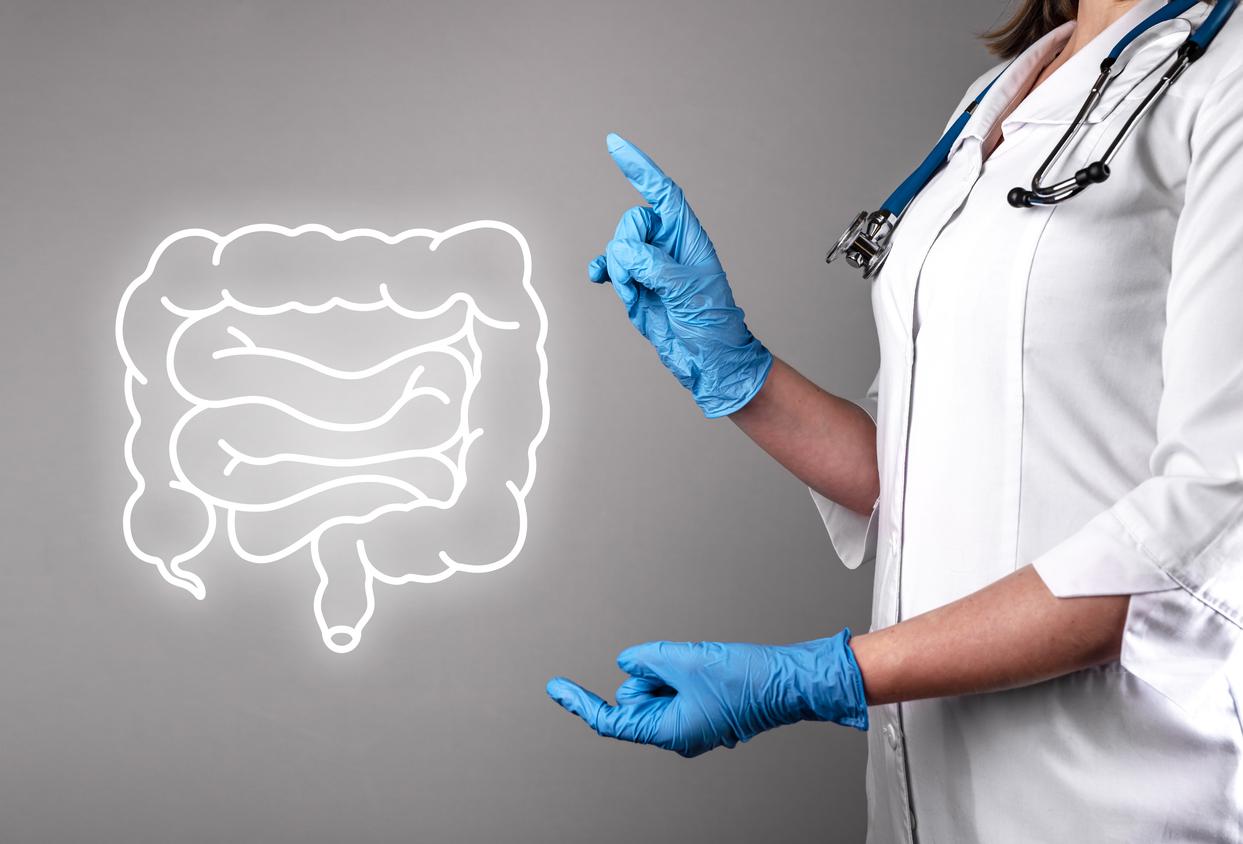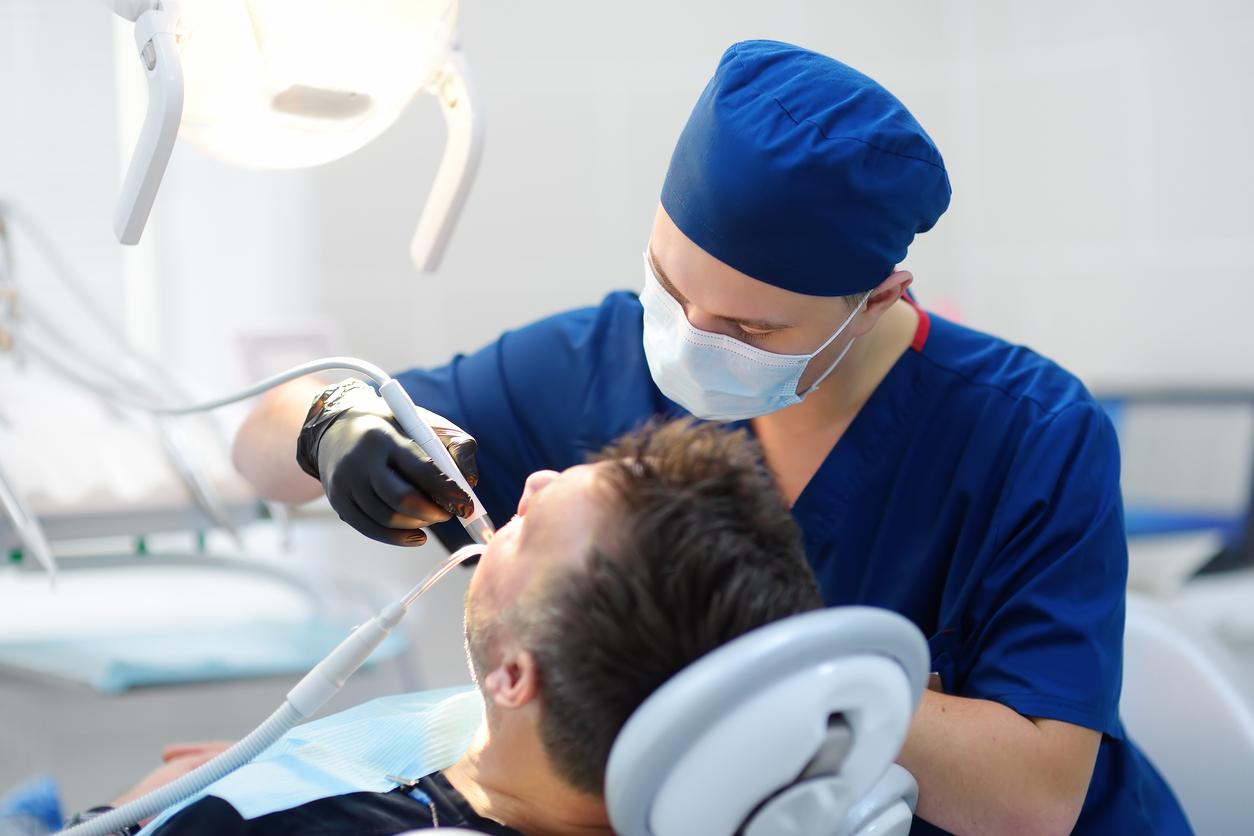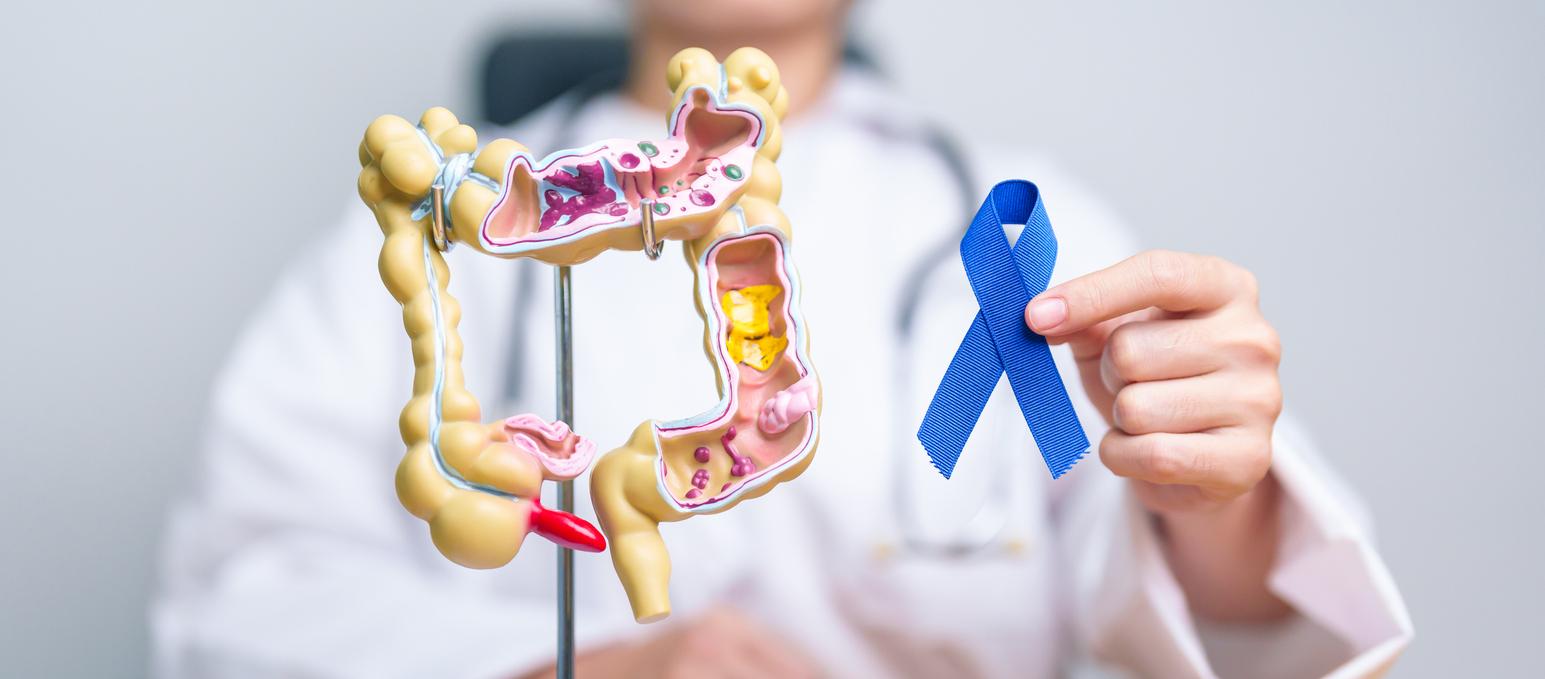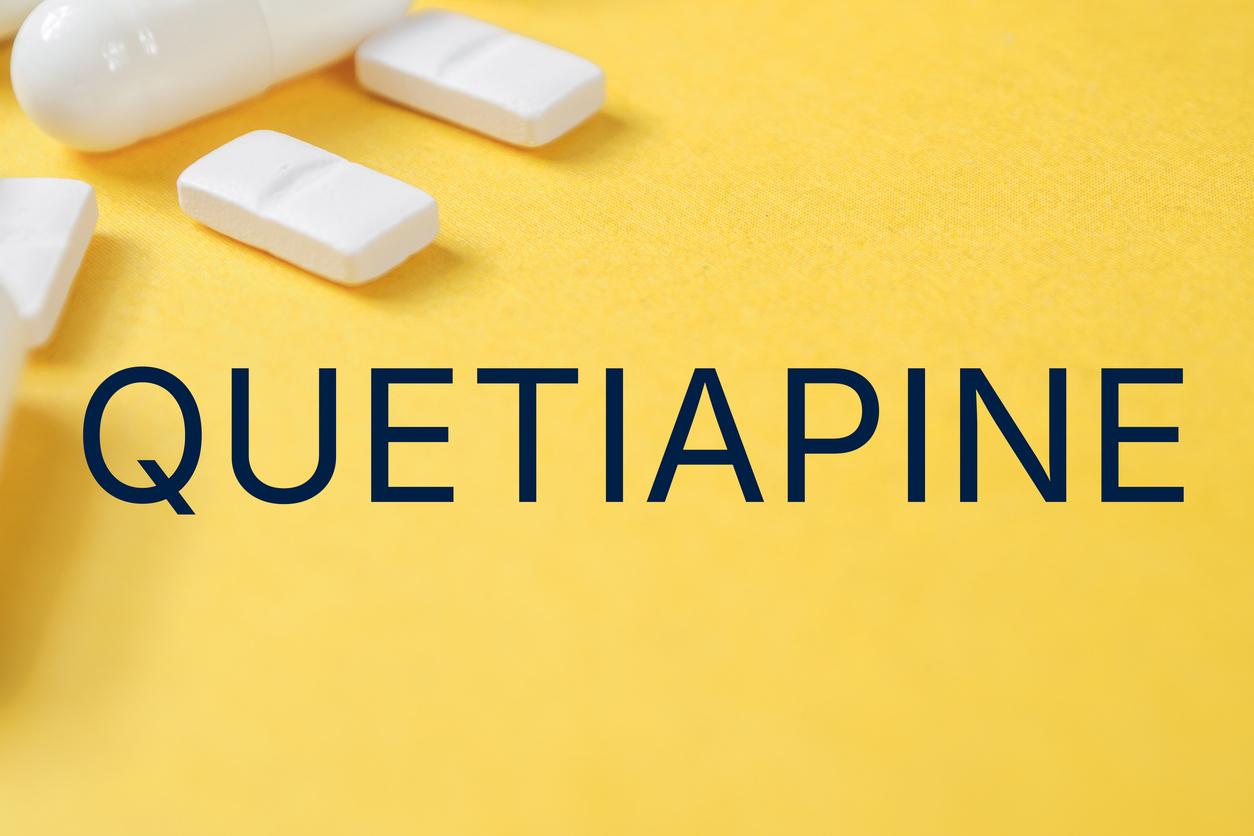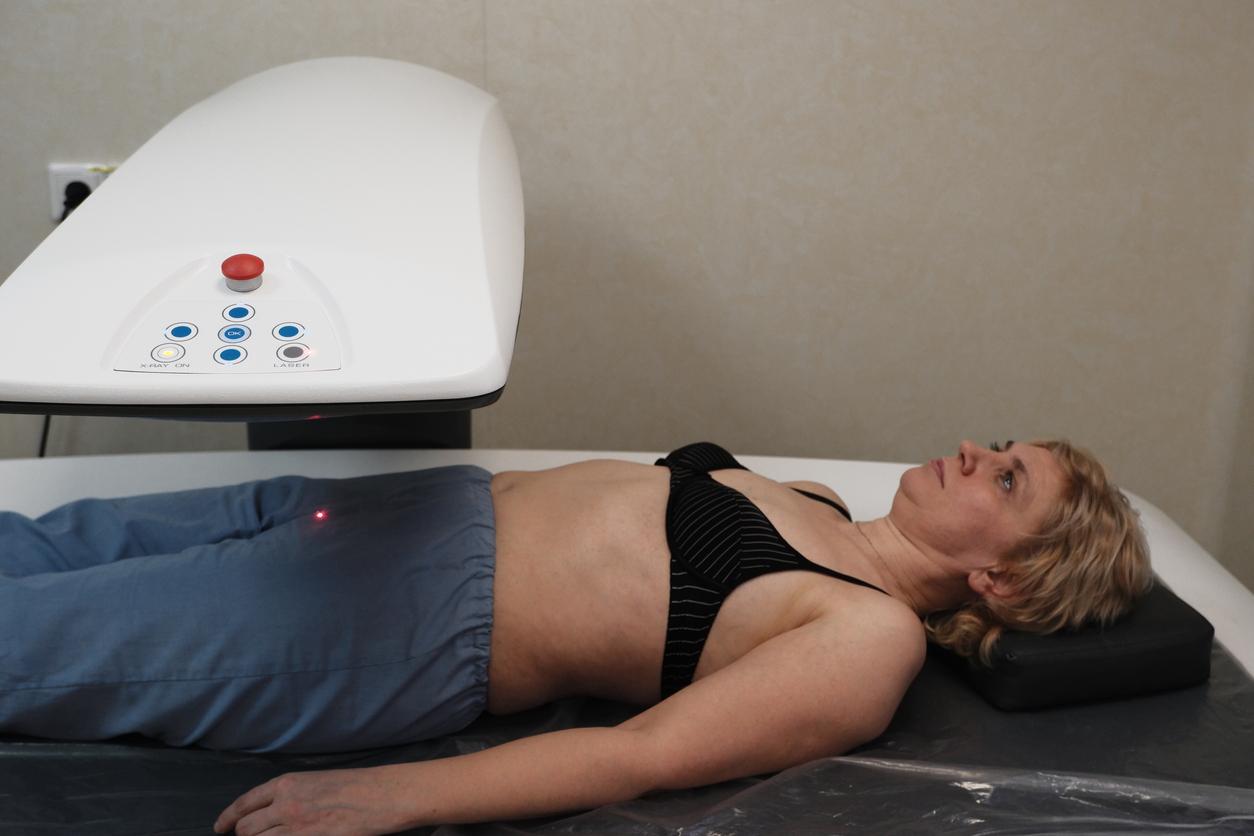A screening test for fetal trisomy 21 sees its indications reduced. The decision shows a lack of stability of results on frozen blood samples.
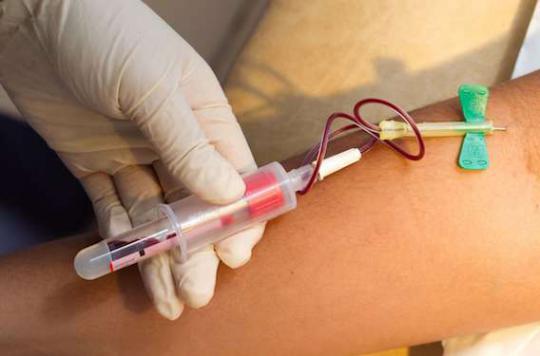
The National Medicines Safety Agency (ANSM) restricts the conditions for using a screening test for fetal trisomy 21 (1). One of the four devices available can only be used on fresh samples. A routine Agency check revealed a loss of precision in the device, which looks for a protein in the mother’s blood, when the samples were frozen.
The device called into question by the ANSM is produced by the company Siemens. The Agency, contacted by Why actor, specifies that the PAPP-A Immulite test represents 10% of the market. Like the three other products authorized in France, it measures plasma protein A (PAPP-A), a blood marker for trisomy 21. “The test is intended for all pregnant women in the first trimester of pregnancy,” explains Marianne Deschennes. , head of the in vitro diagnostic medical device products team at ANSM.
“This can distort risk calculations”
The PAPP-A assay makes it possible to calculate the risk that a fetus presents with trisomy 21. But the quality controls, carried out regularly by the ANSM, revealed some anomalies on the frozen samples. This is a common step in the screening for trisomy 21. Laboratories freeze samples to carry out series of analyzes, but also for legal reasons.
Out of 100 samples analyzed in July 2014, 22 discordant conclusions emerged. “Based on national quality control, we observed an increase in the concentration of plasma protein A in frozen samples,” explains Marianne Deschennes. This can skew the risk calculations, which can be reduced. We therefore cannot totally exclude a screening error. “
The instructions however indicate that the samples can be used 24 hours at storage at 2 to 8 ° C, up to 2 months at -20 ° C storage. The ANSM therefore decided to restrict the conditions of use of the device, via a health police decision.
No impact on patients
On a practical level, this measure will not impact pregnant women. They will be able to continue to perform screenings without worry: the ANSM made sure beforehand that a laboratory using the Siemens system could send the samples to a colleague equipped with another device. “This will not change anything for the patient, she will always be able to go to her usual laboratory”, wishes to reassure Marianne Deschennes.
As for the possible risk of distorted results, it obviously did not occur. If the ANSM did not carry out an assessment of the risks of false results, it contacted the Biomedicine Agency. “We did not observe any deviation concerning the data from the Biomedicine Agency obtained with this system, compared to those obtained with the other systems,” concludes Marianne Deschennes. Siemens, to whom the flaw was reported by mail, is expected to put corrective measures in place.
(1) Screening for fetal trisomy 21 has been offered to all pregnant women since 1997, in the first trimester of pregnancy. It remains optional. A blood sample is taken. Biologists are looking for plasma protein A (PAPP-A), which is one of the blood markers of fetal trisomy 21.
.












